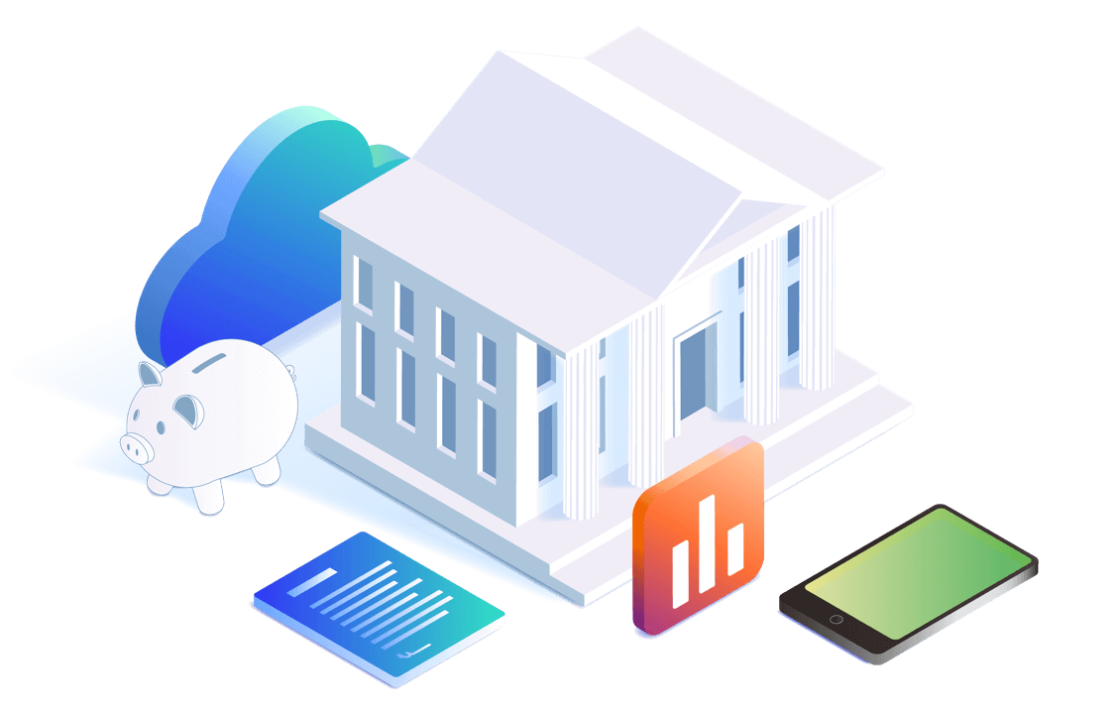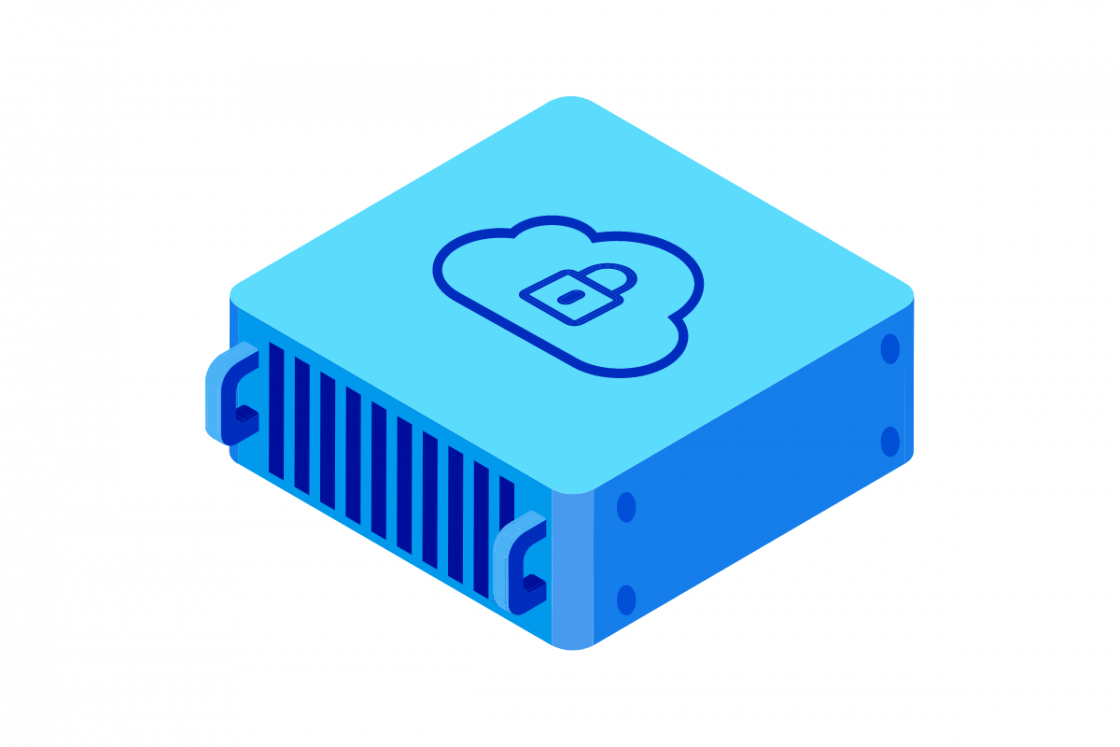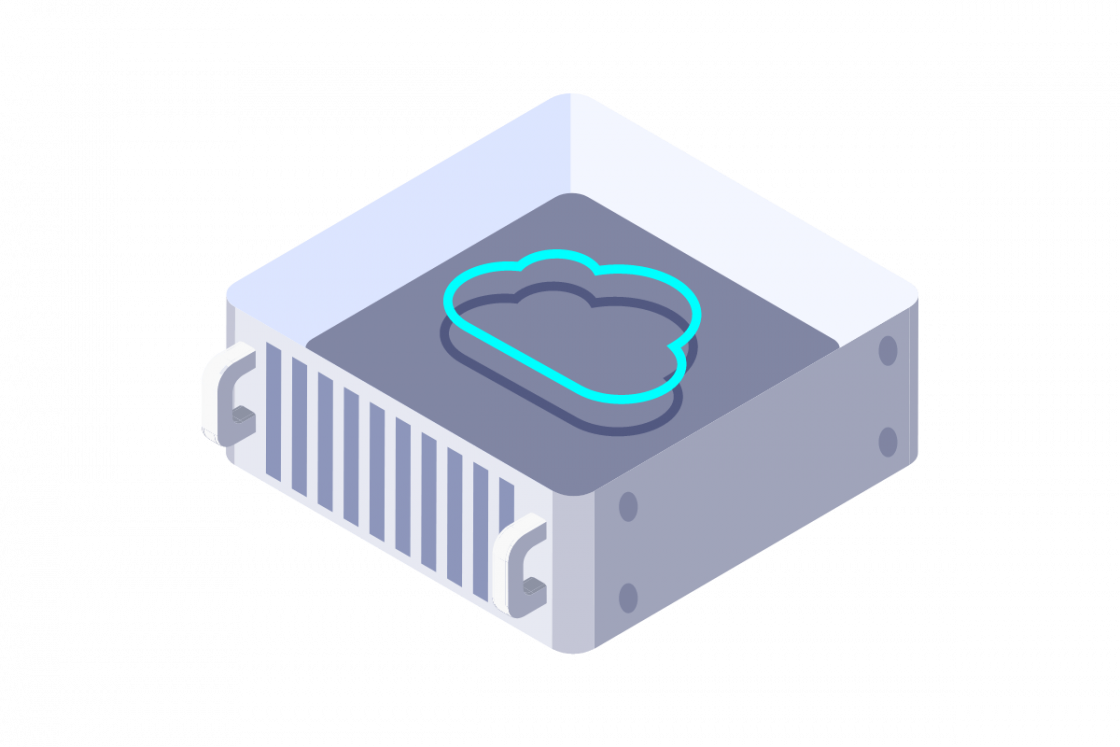What is Cloud ERP?
Cloud ERP represents a transformative approach to managing business operations in the digital age. As enterprises increasingly shift to cloud-based solutions, Cloud ERP stands out as a powerful tool that integrates various business processes into a unified system hosted on remote servers.
ERP, which stands for Enterprise Resource Planning, is a technology that enables organisations to access critical data and applications over the internet, eliminating the need for on-premises hardware and providing scalability, flexibility, and real-time insights.

At its core, Cloud ERP modernizes traditional enterprise resource planning by leveraging cloud computing to streamline operations, reduce costs, and enhance collaboration across departments.
In today's fast-paced business environment, where agility is key, Cloud ERP systems provide a competitive edge by allowing companies to adapt quickly to market changes.
Unlike legacy systems, which require significant upfront investments and ongoing maintenance, cloud-based ERP offers subscription-based models that align with modern budgetary needs. This introduction sets the stage for a deeper exploration of how Cloud SaaS ERP is reshaping enterprise management, from its fundamental concepts to future innovations.
Cloud ERP: Modernizing Enterprise Resource Planning
The evolution of Enterprise Resource Planning (ERP) has been profound since its inception in the 1990s, initially focused on manufacturing and inventory management.
Today, Cloud ERP is at the forefront of this evolution, modernizing ERP by moving it from rigid, on-site installations to dynamic, cloud-hosted platforms. This shift enables businesses to integrate functions like finance, HR, supply chain, and customer relations into a single, accessible system.
Modernization through Cloud ERP addresses several pain points of traditional systems, such as high maintenance costs and limited accessibility. By hosting ERP on the cloud, organizations can achieve greater efficiency, with automatic updates ensuring the system remains current without manual interventions.
For instance, companies can now process data in real-time, facilitating better decision-making and operational agility. This modernization is particularly crucial for businesses operating in global markets, where remote access and collaboration are essential.
Furthermore, Cloud ERP supports digital transformation initiatives by incorporating advanced technologies, such as artificial intelligence (AI) and machine learning, which predict trends and automate routine tasks. As a result, enterprises are not just managing resources but optimizing them for future growth. This section highlights how Cloud ERP is not merely an upgrade but a strategic necessity for contemporary businesses.
Understanding Cloud ERP
Cloud ERP, or Cloud-based Enterprise Resource Planning, is a software system that integrates and manages core business processes using cloud computing infrastructure.
It allows organizations to store data and run applications on remote servers accessed via the internet, rather than local hardware. Key concepts include scalability, where resources can be adjusted based on demand; accessibility, enabling users to connect from any device with internet; and security, with built-in measures to protect sensitive data.
At its core, Cloud ERP hosting centralizes data from various departments, providing a single source of truth that reduces errors and improves efficiency. For example, it can automate workflows in accounting, procurement, and inventory management, ensuring a seamless flow of information. Understanding these concepts is vital for businesses considering ERP cloud migration, as they underscore the shift from capital-intensive models to operational expenditures.
Cloud ERP vs Traditional ERP
Cloud ERP differs significantly from traditional ERP, which relies on on-premises servers requiring substantial upfront investment in hardware and IT staff. Traditional systems often involve long implementation times and complex customizations, leading to higher costs and inflexibility. In contrast, Cloud ERP offers rapid deployment, automatic updates, and pay-as-you-go pricing, making it a more cost-effective and adaptable solution.
A key advantage of Cloud ERP is its accessibility; users can log in from anywhere, supporting remote work, whereas traditional ERP is typically confined to office networks. However, traditional ERP may provide more control over data for highly regulated industries, though Cloud ERP counters this with robust compliance features. Overall, while traditional ERP systems are well-suited for stable environments, Cloud ERP excels in dynamic, growth-oriented settings.
Deployment Models (SaaS, Hybrid, Private)
Cloud ERP deployment models vary to suit different organizational needs. Software as a Service (SaaS) is the most common, where the provider hosts and manages the entire system, offering ease of use and low maintenance. Users subscribe to the service, receiving regular updates without infrastructure worries.
Hybrid cloud models combine cloud and on-premises elements, allowing businesses to keep sensitive data local while leveraging cloud for scalable processes. This is ideal for companies transitioning gradually. Private Cloud ERP involves dedicated cloud infrastructure for a single organization, providing enhanced security and customization, often used in finance or healthcare. Each model offers unique benefits, enabling tailored implementations.
Core Components of a Cloud ERP System
A Cloud ERP system comprises several core components that work together to manage business operations. The foundation is the database management system, which stores and organizes data securely in the cloud. Integrated modules handle specific functions: financial management for accounting and reporting, supply chain for procurement and logistics, human resources for payroll and talent management, and customer relationship management (CRM) for sales and service.
Additional components include analytics tools for generating insights from data, workflow automation for streamlining processes, and integration capabilities with third-party apps. Security features, such as encryption and access controls, ensure data protection. Together, these elements create a cohesive platform that supports end-to-end business management, scalable to enterprise needs.
Advantages of Cloud ERP
Cloud ERP offers numerous advantages that drive its adoption. Cost savings are prominent, as it eliminates the need for expensive hardware and reduces IT maintenance expenses through subscription models. Scalability enables businesses to expand resources without overhauling their systems, allowing for seamless growth.
Enhanced collaboration is another benefit, with real-time data access enabling teams to work together regardless of location. Automatic updates ensure the system stays current with the latest features and security patches, reducing downtime. Moreover, Cloud ERP improves data accuracy by centralizing information, minimizing errors from disparate systems. For small to medium enterprises, it levels the playing field by providing enterprise-grade tools without massive investments.
Use Cases and Industries Leveraging Cloud ERP
Cloud ERP finds applications across various use cases and industries. In manufacturing, it optimizes supply chains by predicting demand and managing inventory in real-time. Retailers utilise it for omnichannel sales, integrating online and physical stores to provide a better customer experience.
Healthcare organizations leverage Cloud ERP for patient data management and compliance with regulations like HIPAA. The finance sector benefits from automated reporting and fraud detection. Industries like e-commerce, logistics, and professional services also adopt it for efficiency gains. For example, a global retailer might use Cloud ERP to synchronize operations across continents, reducing delays and costs.
Key Considerations When Choosing a Cloud ERP
Selecting a Cloud ERP requires careful evaluation. First, assess the system's scalability to ensure it can grow with your business. Integration capabilities are crucial for connecting with existing tools.
Security and compliance should align with industry standards to ensure data protection. Cost structures, including hidden fees, need scrutiny. Vendor reliability, support quality, and user training are also key. Finally, consider customization options to fit unique workflows. Thorough due diligence ensures a successful implementation.
Cloud ERP Implementation Challenges
Implementing a Cloud ERP system, while offering significant benefits, is not without its hurdles. Organizations often encounter a range of obstacles that can complicate the transition from traditional systems to cloud-based platforms.
These challenges span technical, organizational, and financial domains, requiring careful planning and strategic mitigation to ensure a smooth rollout and ERP migration strategy. Addressing them proactively can prevent costly delays, data issues, and user resistance, ultimately leading to a more successful adoption – include a full accounting for ERP security.
Resistance to Change and Change Management
One of the most prevalent challenges in Cloud ERP implementation is resistance from employees and stakeholders accustomed to legacy systems. Users may fear job disruptions, increased workloads, or the learning curve associated with new interfaces and processes.
This resistance can manifest as low adoption rates, errors during transition, or even outright pushback, which can derail project timelines.
Effective change management is crucial to counter this. Organizations should involve end-users early in the process through communication campaigns that highlight benefits like improved efficiency and remote accessibility.
Data Migration and Quality Issues
Migrating data from on-premises systems to the cloud presents significant technical challenges, including data incompatibility, data integrity loss, and the risk of downtime. Incomplete or inaccurate data—such as duplicates, outdated records, or inconsistent formats—can lead to operational disruptions and unreliable insights post-implementation.
This is particularly acute in large enterprises with vast legacy datasets accumulated over years. To mitigate these risks, a thorough data audit and cleansing process is essential before migration.
Implementing data governance policies ensures that quality standards are maintained, preventing issues such as erroneous decision-making resulting from poor data. Tools for automated validation and deduplication can streamline this process, while partnering with experienced vendors helps ensure accurate mapping of data to the new system. Businesses should also plan for backup strategies to minimize downtime, ensuring that critical operations continue uninterrupted during the transfer.
Integration with Existing Systems
Seamless integration of Cloud ERP with legacy applications, third-party software, or other cloud services is another major hurdle. Poor integration can result in data silos, inefficient workflows, and increased manual interventions, negating the ERP's intended efficiencies.
For organizations with complex IT ecosystems, this challenge is amplified by differences in data formats, APIs, or security protocols.
A strategic approach involves selecting ERP solutions with robust integration capabilities, such as open APIs and pre-built connectors. Conducting an integration analysis early in the planning phase identifies potential bottlenecks, allowing for customized workflows.
Future of Cloud ERP
The future of Cloud ERP is bright, driven by technological advancements. Integration with emerging tech will enhance functionality, making systems more intelligent and efficient.
- AI and Predictive Analytics: AI integration in Cloud ERP will revolutionize decision-making through predictive analytics, forecasting trends like demand fluctuations or maintenance needs. Machine learning algorithms will automate tasks, reducing human error and boosting productivity. For instance, AI can analyze historical data to optimize inventory, preventing stockouts.
- Multi-cloud and Interoperability: Multi-cloud strategies will allow businesses to use multiple providers for resilience and cost optimization. Interoperability ensures seamless data exchange between systems, fostering a connected ecosystem. This trend supports hybrid environments, enhancing flexibility.
- Blockchain Integration and Enhanced Security: Blockchain technology will transform Cloud ERP by creating immutable transaction records and enhancing data security through decentralized ledgers. Smart contracts will automate business processes, reducing manual interventions and operational costs while ensuring greater transparency across supply chains.
- IoT and Edge Computing Convergence: The integration of Internet of Things (IoT) devices and edge computing will enable Cloud ERP systems to process real-time data from connected assets, machinery, and sensors directly at the source. This convergence will facilitate predictive maintenance, optimize resource allocation, and provide instant visibility into operations across distributed locations.
OVHcloud and ERP
OVHcloud provides a range of powerful infrastructure solutions tailored to specific needs across ERP use cases:

SAP HANA on Bare Metal
Unlock the full potential of your SAP HANA environments with a certified, automated, and secure infrastructure. Our SAP HANA on Bare Metal solution delivers SAP HANA–qualified servers designed to meet the most demanding performance requirements. By combining the power of dedicated hardware with a sovereign cloud environment, OVHcloud ensures compliance, scalability, and resilience for your mission-critical SAP workloads.

SAP HANA on Private Cloud
Run your SAP HANA workloads on a fully isolated, SAP-certified Software-Defined Data Centre (SDDC) hosted by OVHcloud. We operate and secure the underlying infrastructure, while you retain full control over your SAP environments and applications. This solution combines the scalability of the cloud with the sovereignty and compliance of a dedicated environment, making it ideal for your mission-critical SAP systems.

OVHcloud Bare Metal
OVHcloud Bare Metal servers, also known as dedicated servers, are physical computers dedicated exclusively to a single customer. This single-tenancy model guarantees raw power and predictable performance, making it the ideal choice for mission-critical applications.